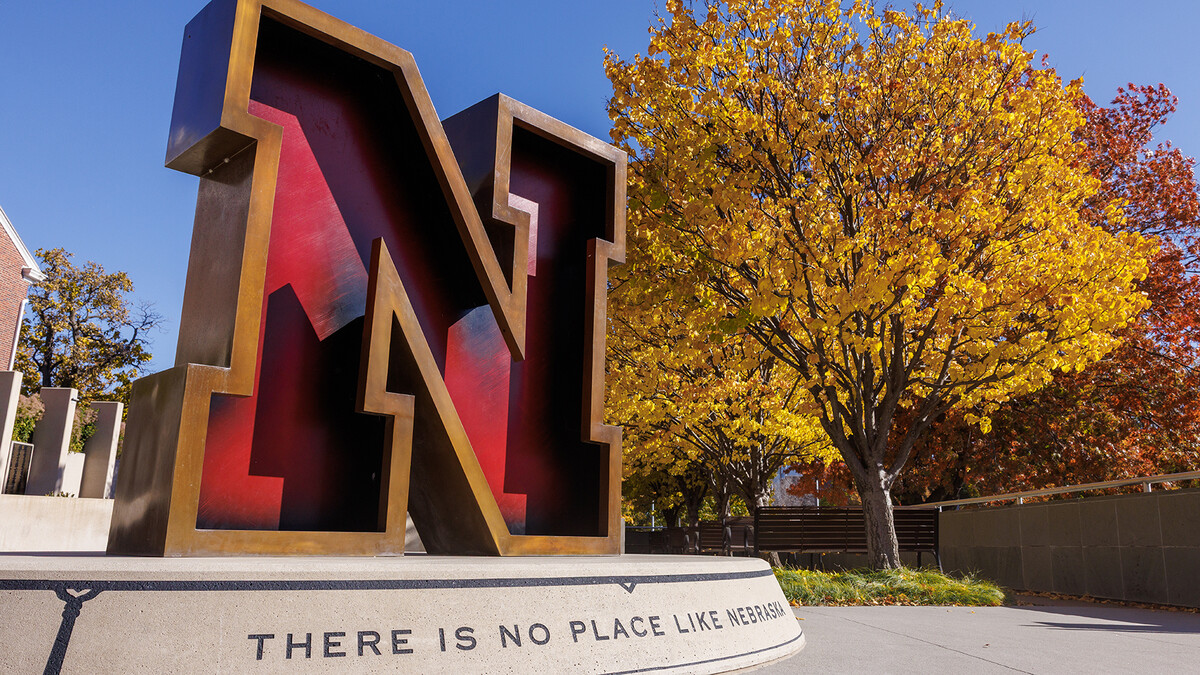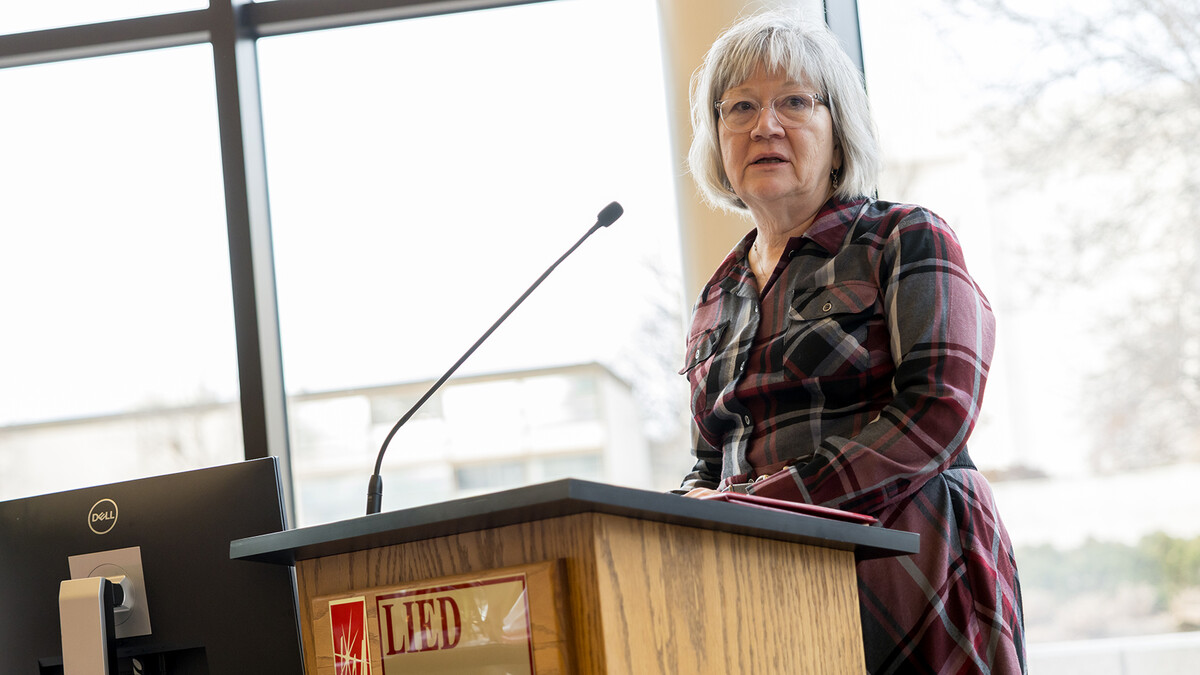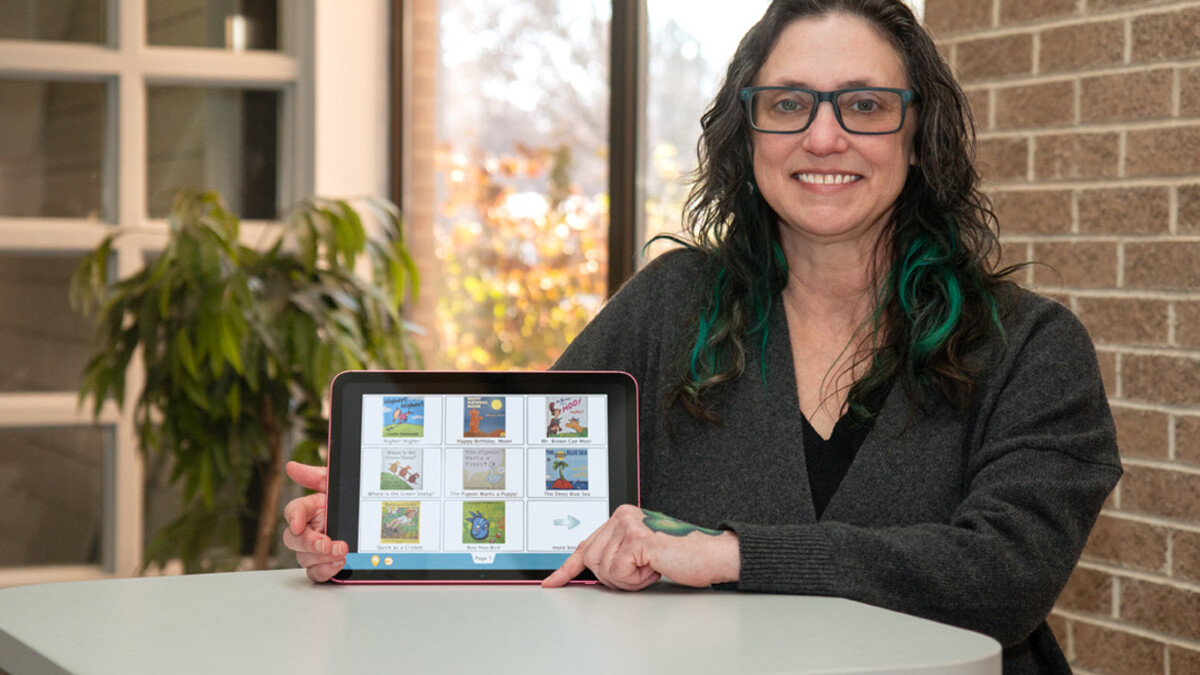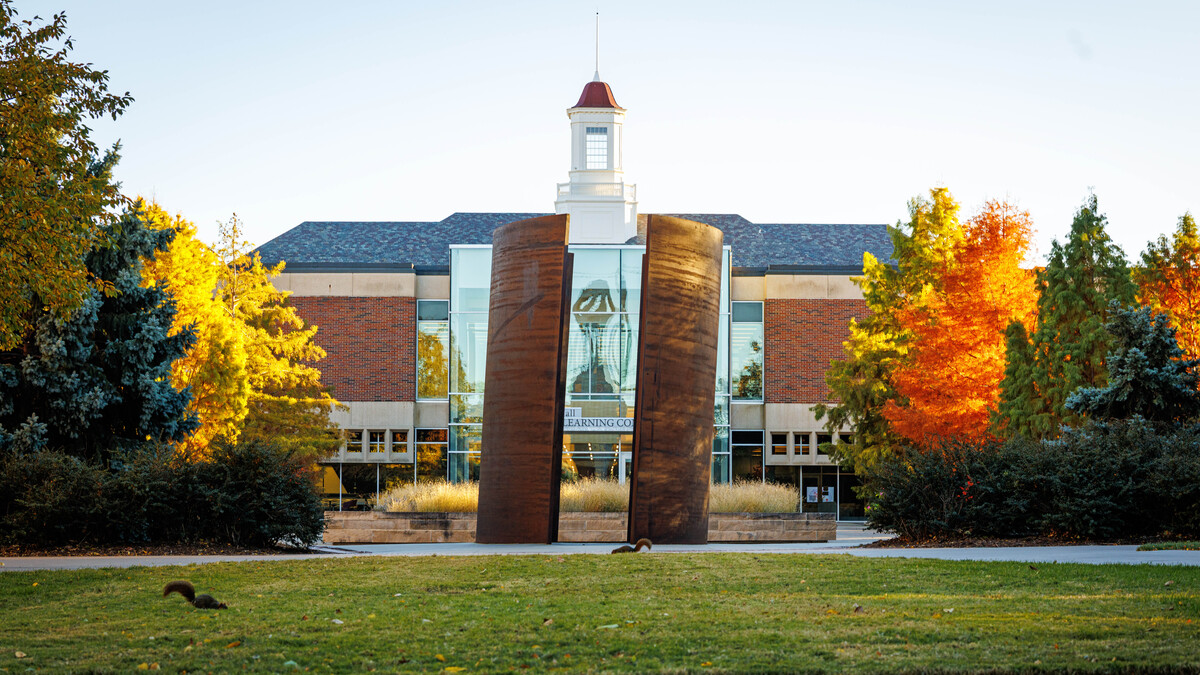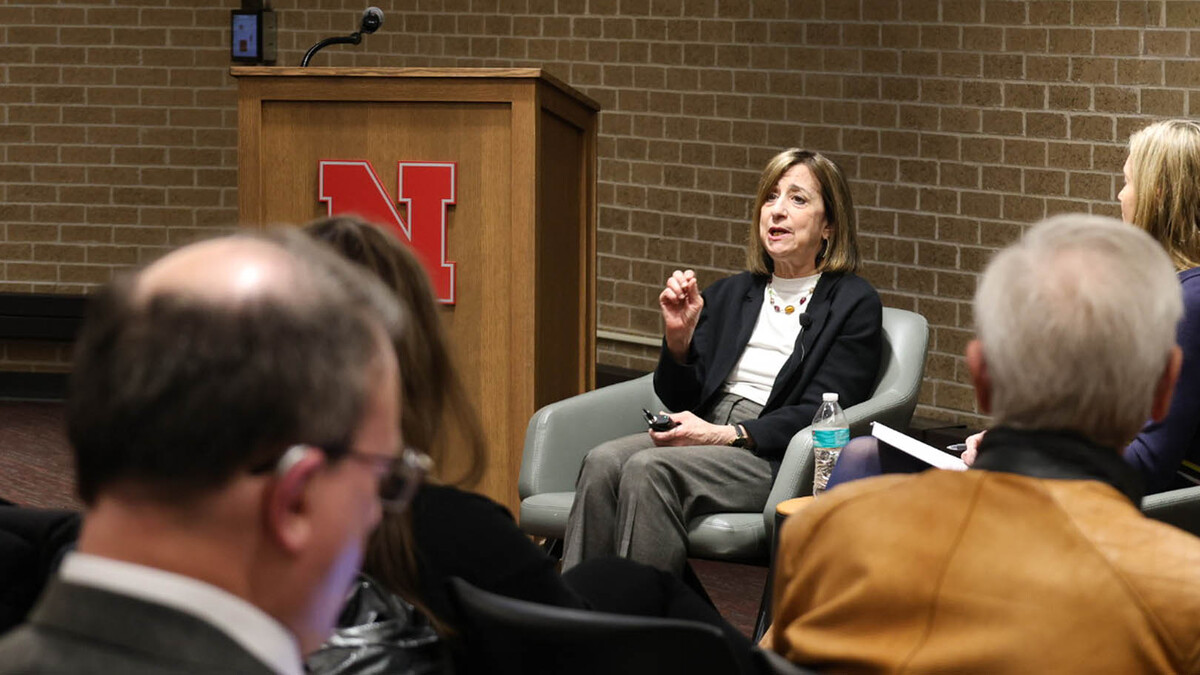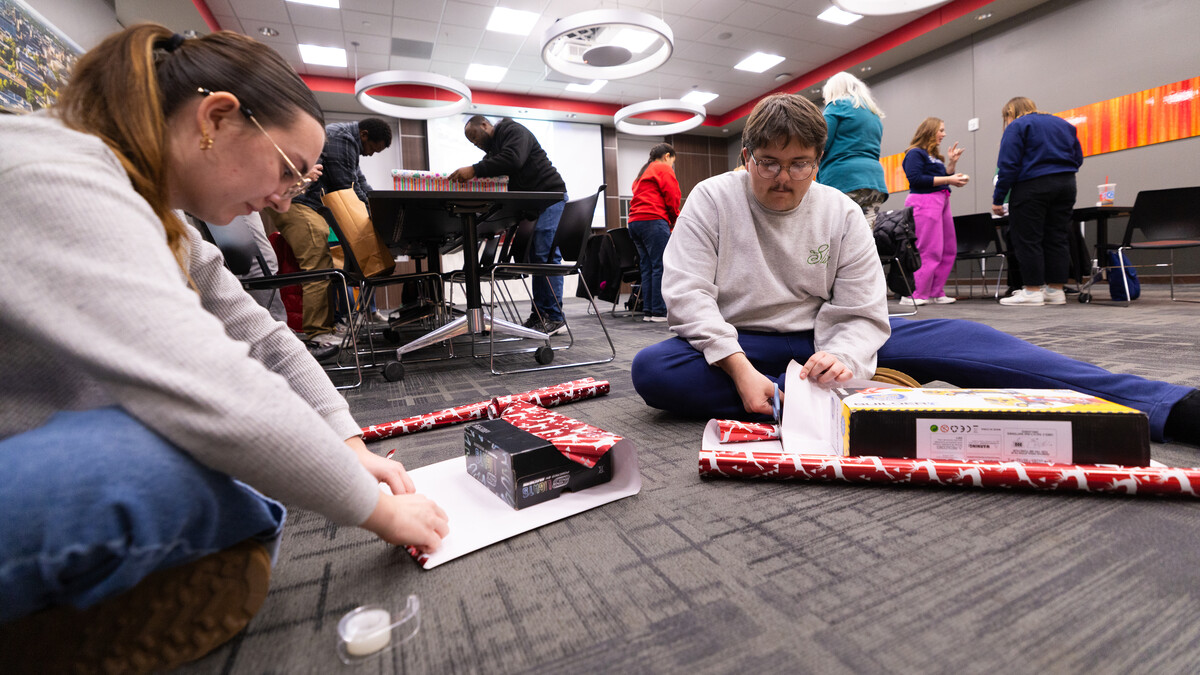
Applications are open for the new Biomedical Research Seed Grant program, an internal competition designed to increase the number and quality of UNL proposals for Research Project Grant (R01) funding from the National Institutes of Health.
Most biomedical research proposals require evidence of prior work or preliminary data. The Office of Research and Economic Development is sponsoring the Biomedical Research Seed Grants to provide UNL researchers with funding to accumulate evidence to support their hypotheses; demonstrate the feasibility of new approaches; or build reviewers’ confidence in the ability of a project team to handle cutting-edge technologies, understand methods and interpret results.
This year’s application deadlines are May 1 and Nov. 3. Applicants must provide notice of intent to submit at least one month prior to the application deadline. Details about program requirements and the application process are available in the Biomedical Research Seed Grants request for applications: http://go.unl.edu/wh28.
“Enhancing the competitiveness of UNL biomedical research proposals is our goal with this program, which aims to give our faculty the best possible opportunity to win funding for their work,” said Prem S. Paul, vice chancellor for research and economic development.
Faculty applying for Biomedical Research Seed Grants may request up to $50,000 to support development of a new R01 proposal through targeted activities such as travel, data collection or proof-of-concept experimentation. Seed grant recipients will work with consultants to ensure their project approach is innovative and feasible. ORED staff will partner with participants to develop high quality applications.
Faculty must submit a project plan and a complete draft of an R01 proposal when they apply for the seed grant. Reviewers will consider the technical merit and quality of the R01 proposal draft and its potential for generating new NIH funding.
ORED will commit up to $500,000 in funding for the Biomedical Research Seed Grants program during 2014. Funding is made possible by the Nebraska Tobacco Settlement Biomedical Research Fund.
For more information contact Nathan Meier, director of research strategy, at nlm@unl.edu or 402-472-3902.
